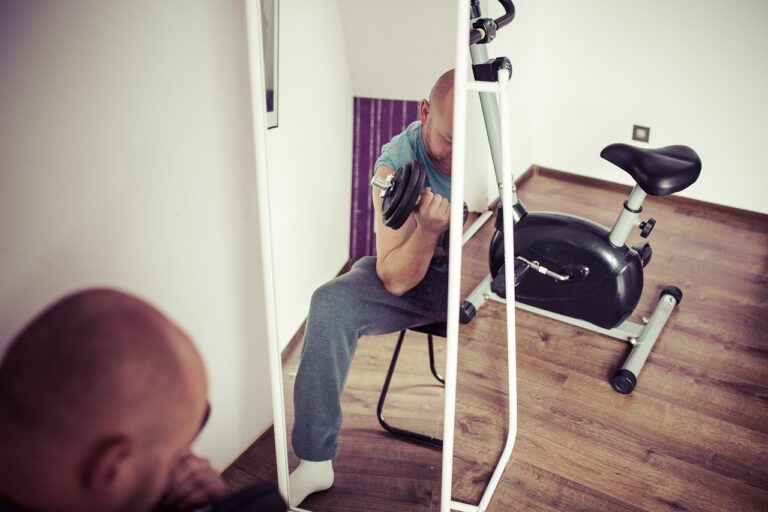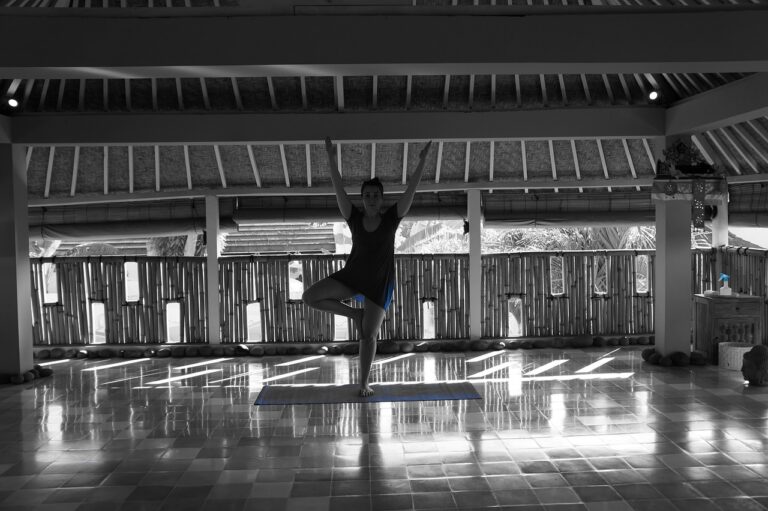Coping with Chronic Pain: Integrative Approaches for Relief
Living with chronic pain can be a daily challenge that affects every aspect of your life. Whether you are dealing with constant back pain, migraines, arthritis, or any other type of ongoing pain, finding relief and managing your symptoms is crucial for maintaining a good quality of life. While medication can provide temporary relief, integrating holistic approaches into your pain management plan can offer long-term benefits and improve your overall well-being. In this article, we will explore various integrative approaches that can help you cope with chronic pain and find relief.
Understanding Chronic Pain
Chronic pain is defined as pain that persists for more than 12 weeks, even after an injury has healed. It can be caused by conditions such as arthritis, fibromyalgia, nerve damage, or cancer. Chronic pain differs from acute pain in that it is ongoing and can have a significant impact on your physical, emotional, and mental health.
Integrative Approaches for Pain Relief
1. Acupuncture
Acupuncture is a traditional Chinese medicine practice that involves inserting thin needles into specific points on the body to relieve pain and promote healing. Research has shown that acupuncture can be effective in reducing chronic pain, especially in conditions like back pain, osteoarthritis, and migraines. By stimulating the body’s natural pain-relief mechanisms, acupuncture can help alleviate your symptoms and improve your quality of life.
2. Mindfulness Meditation
Mindfulness meditation is a practice that involves focusing your attention on the present moment without judgment. It can help reduce stress, improve mood, and enhance your ability to cope with pain. By practicing mindfulness meditation regularly, you can increase your pain tolerance, decrease your perception of pain, and improve your overall well-being.
3. Yoga
Yoga is a mind-body practice that combines physical postures, breathing exercises, and meditation to promote relaxation and reduce stress. Regular practice of yoga can help alleviate chronic pain by improving flexibility, strength, and balance. It can also help you develop coping skills and enhance your overall quality of life.
4. Massage Therapy
Massage therapy involves manipulating soft tissues in the body to reduce muscle tension, improve circulation, and promote relaxation. It can be beneficial for relieving chronic pain by reducing inflammation, releasing endorphins, and improving blood flow to the affected areas. Different massage techniques, such as Swedish massage, deep tissue massage, and trigger point therapy, can be used to target specific areas of pain and provide relief.
5. Cognitive-Behavioral Therapy (CBT)
Cognitive-behavioral therapy is a type of psychotherapy that helps you identify and change negative thought patterns and behaviors that contribute to your pain. By developing coping skills, relaxation techniques, and stress management strategies, CBT can empower you to overcome your pain and improve your quality of life. It can also help you develop a positive mindset and enhance your resilience in the face of chronic pain.
6. Nutrition and Supplements
Your diet and nutritional status can have a significant impact on your pain levels and overall health. Consuming anti-inflammatory foods, such as fruits, vegetables, whole grains, and fatty fish, can help reduce inflammation and alleviate chronic pain. Additionally, taking supplements like omega-3 fatty acids, turmeric, and Vitamin D can support your body’s natural pain-relief mechanisms and promote healing.
FAQs
1. What is the best integrative approach for chronic pain?
There is no one-size-fits-all approach to managing chronic pain, as everyone’s experience with pain is unique. It is essential to work with a healthcare provider or pain management specialist to develop a personalized treatment plan that addresses your specific needs and goals. Integrating a combination of approaches, such as acupuncture, mindfulness meditation, yoga, massage therapy, cognitive-behavioral therapy, and nutrition, can help you find relief and improve your overall well-being.
2. How long does it take to see results from integrative approaches for chronic pain?
The time it takes to see results from integrative approaches for chronic pain can vary depending on the individual, the type of pain you are experiencing, and the approaches you are using. Some people may experience immediate relief from treatments like acupuncture or massage therapy, while others may need to practice mindfulness meditation or yoga regularly to see significant improvements. It is essential to be patient and consistent with your integrative approach to pain relief and to communicate regularly with your healthcare provider about your progress and any adjustments that may be needed.
3. Are integrative approaches safe for managing chronic pain?
When used appropriately and under the guidance of a healthcare provider, integrative approaches for managing chronic pain are generally safe and effective. However, it is essential to consult with your healthcare provider before starting any new treatment to ensure it is appropriate for your condition and medical history. Some integrative approaches may not be suitable for everyone or may interact with medications you are taking. By working closely with your healthcare provider and being informed about the potential risks and benefits of each approach, you can make educated decisions about your pain management plan.
By incorporating integrative approaches into your pain management plan, you can take a proactive approach to managing your chronic pain and improving your overall well-being. Through practices like acupuncture, mindfulness meditation, yoga, massage therapy, cognitive-behavioral therapy, and nutrition, you can find relief from your symptoms, enhance your quality of life, and regain control over your health. Remember to work closely with your healthcare provider to develop a personalized treatment plan that addresses your specific needs and goals. With a holistic approach to pain relief, you can empower yourself to live a fulfilling and active life, free from the limitations of chronic pain.






